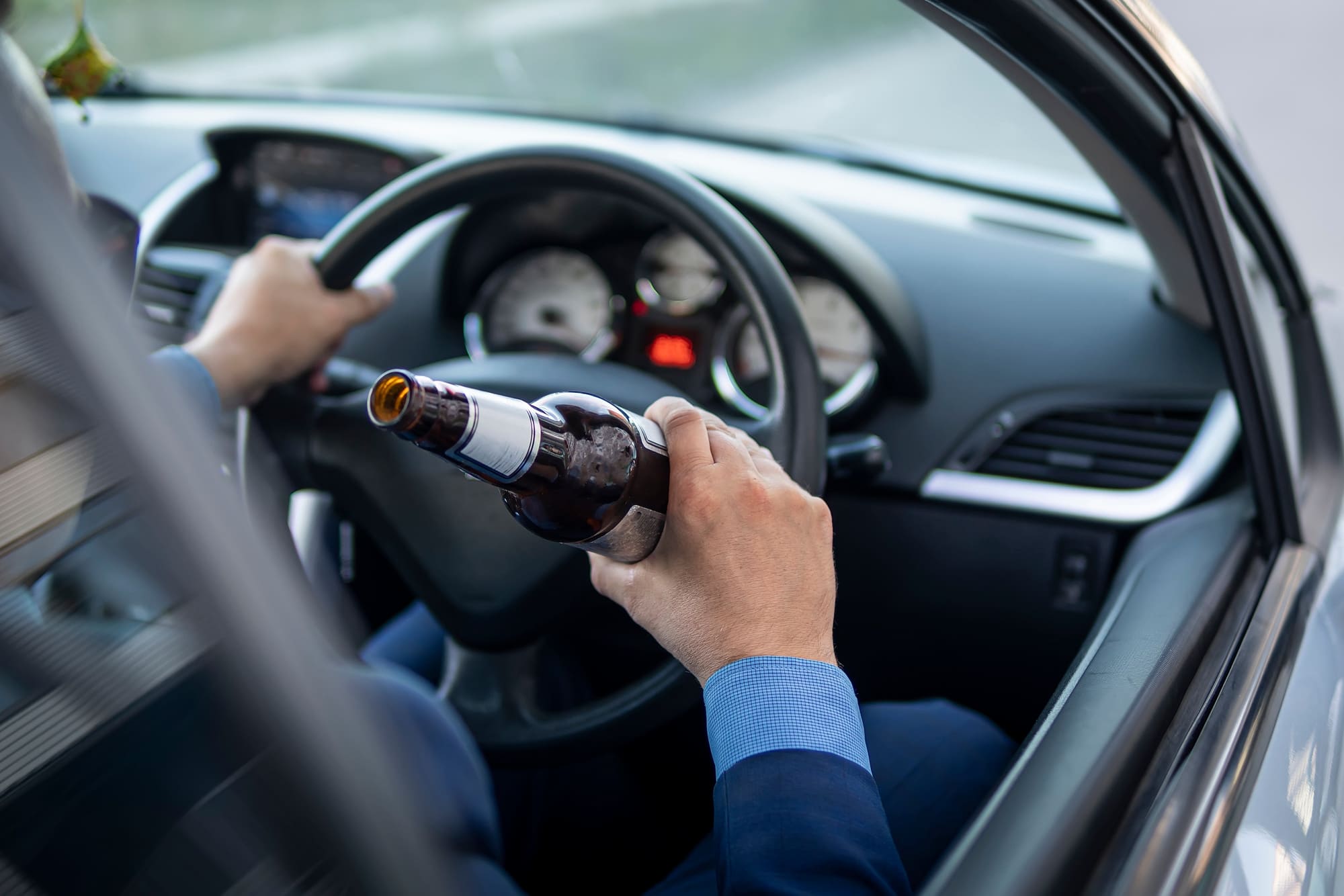
The trauma of being hit by a drunk driver can leave lasting physical and emotional scars. Drunk driving accidents have a severe effect on victims, causing physical harm, emotional distress, and financial struggles. Coping with the aftermath can be tough, but knowing what to do next is important.
This guide offers helpful tips for handling the aftermath of a drunk driving accident, starting from the first steps to long-term healing. Being prepared with information and support is key to getting through this challenging time.
After ensuring your safety and seeking medical attention, gather crucial information, as it could be vital for securing a fair “hit by drunk driver settlement” later. Here are the most important steps to take:
It’s important to know your legal rights and options for compensation when dealing with a case. Working with law enforcement and a personal injury lawyer can help you manage the complexities of the situation.
While addressing physical healing is crucial, remember that emotional recovery is just as important. Don’t hesitate to seek support from loved ones and professionals when dealing with complex emotions following a traumatic event.
Exploring legal options for a potential settlement after being hit by a drunk driver can provide important long-term assistance in your recovery. But it’s also important to understand insurance coverage and handle immediate financial responsibilities.
While rebuilding your life takes time and dedication, consider the positive impact you can make by advocating for change and finding closure within yourself.
Surviving the aftermath of a drunk driving accident requires a multifaceted approach. From immediate actions after the accident to long-term emotional healing and financial stability, each step plays a crucial role in the recovery process. Seek professional help, engage in support networks, and remember that you’re not alone in this journey. By following these key tips and reaching out for support, you can navigate the aftermath and move towards a brighter, more resilient future.
Find A Doctor | New York Doctors | New Jersey Doctors | Connecticut Doctors
Medical Services | Conditions Treated | Insurance | Contact Us | Privacy Policy | Site Map | Terms of Service | Blog | Advertising
This site does not provide or endorse any medical or legal advice. All medical practices listed on this site are independently owned and operated by licensed physicians. Learn more
Copyright © var currentYear = new Date().getFullYear();document.write(currentYear); Injured Call Today. All Rights Reserved.
